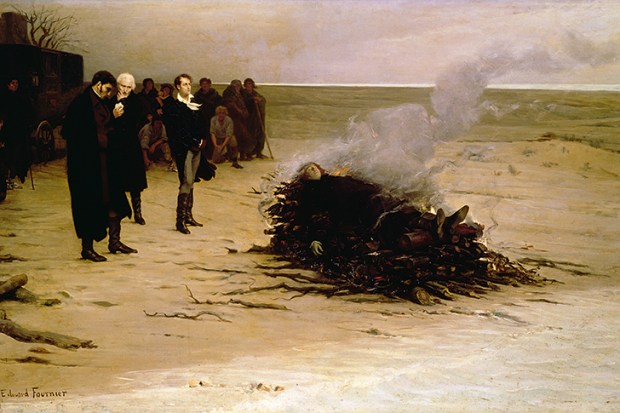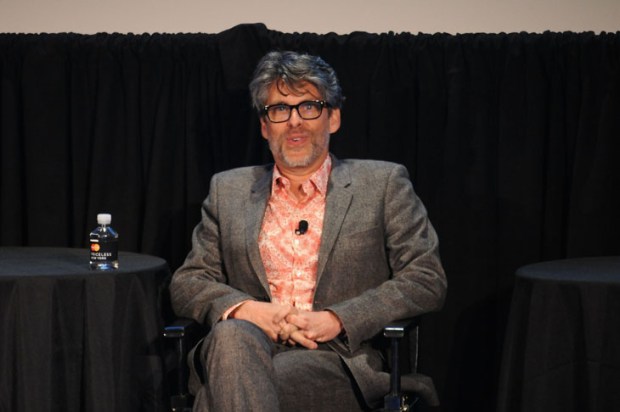August Geiger led an unremarkable life. Born in 1926, the third of ten children of a Catholic farming family in western Austria, the most unusual thing about him was his unwillingness ever to leave Wolfurt, the village where he had grown up. He built a house there, for his schoolteacher wife and their children, and refused ever to go on holiday. His wife had suggested that they go on a walk and call it their honeymoon, but August rejected even this slight change in his routine. It was, therefore, particularly poignant that when he developed Alzheimer’s disease, August’s dominant obsession became his desire to go home. Nothing could convince him that he was already there.
The novelist Arno Geiger wrote this book in an attempt to understand his father’s dementia and the effect it had on the wider family. It resembles a writer’s notebook, passages of narrative interspersed with snatches of dialogue and aperçus from Tolstoy, Kafka, Kundera, Derrida, Joyce and Proust. Stefan Tobler’s delicate translation renders it absorbingly readable.
One of the unexpected delights of the Alzheimer’s — yes, there are a few — is that August develops a new and original way with words. ‘Things don’t turn out well when you all meddle in my weather,’ he admonishes his over-organising offspring. Of unwelcome carers, he says, ‘It’s the Swiss, shooting at us again.’When he moves into a care home, he describes the patients as ‘Poor fellows, whose willpower shouldn’t be measured by their results’. Of his cup and saucer, he asks: ‘Are they related?’ ‘I’ve lost the feathers in my cap,’ he says of his own condition; ‘Wanting is not a big thing with me any more.’ Does he still value life? Mostly, yes: ‘I’d rather… chatter a bit longer.’ ‘Soon, I’ll… lie flat.’
August’s utterances make his son feel ‘in contact with words’ magic potential’, but Arno has no illusions about the miseries of ‘this wretched disease’. This is not an Alzheimer’s handbook, but it does contain useful advice. In this family’s experience, trying to disabuse August of his illusions only increased his anxiety: ‘The truth didn’t get us anywhere.’ Playing along with his misconceptions worked better: ‘The only remaining place where we could be together was the world as he understood it.’
The times comes when the old house must be cleared. Arno listens to ‘the sleepy echoes that we startled out of their dusty corners’. He finds a short memoir August wrote of his postwar experiences. ‘Forced to pack up the spoils of war for the Russians, he had gnawed on a rotten bone and fallen ill with dysentery.’ He spent four weeks in a hovel of a hospital, wedged on a rack between dead and dying men. Almost daily, the 19-year-old saw ‘men die, abandoned, with no one to stand by them’. His refusal ever after to leave the security of home now made perfect sense.
Arno Geiger prefaces The Old King in His Exile with a quotation from Hokusai: ‘You have to show what is most universal in a personal way.’ In this tender, clear-eyed account he succeeds in doing exactly that.
Got something to add? Join the discussion and comment below.
Get 10 issues for just $10
Subscribe to The Spectator Australia today for the next 10 magazine issues, plus full online access, for just $10.
You might disagree with half of it, but you’ll enjoy reading all of it. Try your first month for free, then just $2 a week for the remainder of your first year.














Comments
Don't miss out
Join the conversation with other Spectator Australia readers. Subscribe to leave a comment.
SUBSCRIBEAlready a subscriber? Log in